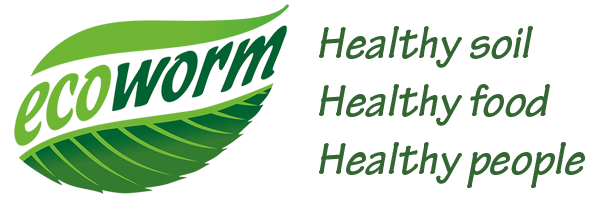Composting is a fantastic way to recycle organic waste, enrich your soil, and promote a healthier environment. However, not all materials are suitable for composting. To maintain a healthy compost pile and avoid unpleasant odors or attracting pests, it’s essential to know what not to add. In this guide, we’ll explore the items you should avoid putting in your compost pile.
1. Meat, Fish, and Dairy Products
These items can attract unwanted pests like rodents and flies and create unpleasant odors as they decompose. Additionally, they may not break down as quickly as plant-based materials, leading to an imbalance in your compost pile.
2. Fats, Oils, and Grease
Greasy or oily foods should be avoided as they can coat other composting materials, creating a barrier that inhibits decomposition. They may also attract pests and produce foul-smelling odors as they break down.
3. Pet Waste
Pet waste, including dog or cat feces, should not be added to your compost pile. These materials may contain harmful pathogens that can survive the composting process and pose a risk to human health. Additionally, pet waste can introduce unpleasant odors and attract pests.
4. Diseased Plants
Avoid adding plants that are diseased or infested with pests to your compost pile. While composting can kill some pathogens and pests, others may survive and spread to your garden when you use the compost. It’s best to dispose of diseased plants separately to prevent the spread of disease.
5. Weeds with Seeds
Weeds that have gone to seed should not be added to your compost pile unless you are confident that your compost pile reaches temperatures high enough to kill the seeds. Otherwise, you risk spreading weed seeds throughout your garden when you use the compost.
6. Glossy or Coated Paper
Paper products that are coated with plastic or other synthetic materials should not be composted. These materials do not break down easily and can introduce toxins into your compost pile. Stick to plain, uncoated paper products for composting.
7. Charcoal Ashes
While wood ashes can be beneficial in small quantities, charcoal ashes should not be added to your compost pile. Charcoal ashes can contain chemical residues and may alter the pH of your compost, affecting the decomposition process.
8. Synthetic Chemicals
Avoid adding any materials that have been treated with synthetic chemicals, such as pesticides, herbicides, or fertilizers, to your compost pile. These chemicals can harm beneficial microorganisms in your compost and contaminate your soil when you use the compost.
Conclusion
Composting is a rewarding and environmentally friendly way to recycle organic waste and improve your soil. By avoiding these items in your compost pile, you can ensure that your compost remains healthy, odor-free, and beneficial for your garden. Stick to plant-based materials, such as fruit and vegetable scraps, coffee grounds, and yard waste, for the best results. With a little care and attention, you can create nutrient-rich compost that will nourish your plants and promote a thriving garden.
Remember, if you’re unsure about whether an item is suitable for composting, it’s best to err on the side of caution and dispose of it in another way. Happy composting!


Comments are closed